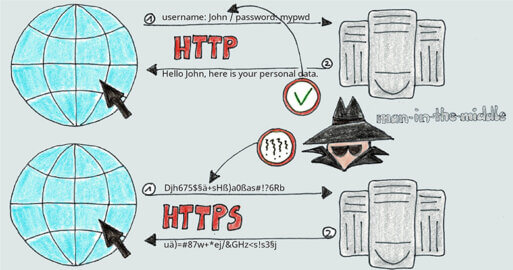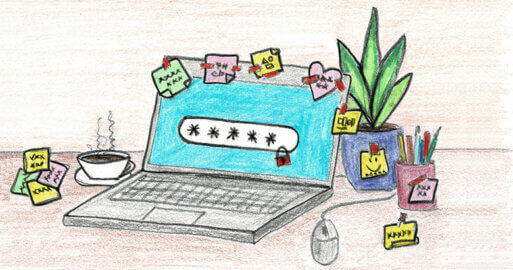Strengthen Security: Two-Factor Authentication (2FA) Is the Key to Increased Cyber Protection for Your Business

In our digital era, in which security is only becoming more critical to businesses, we are pleased to be introducing a key upgrade: the introduction of two-factor authentication (2FA) for our SEEBURGER cloud services. This is an enhanced security measure that provides an extra layer of protection for your business.
Why is 2FA important and how does it work?
While two-factor authentication may at first glance seem like a common procedure, it’s vital not to underestimate its importance. Passwords alone are no longer enough to effectively protect sensitive data. As technology has advanced and cyber attacks have become more sophisticated, conventional passwords have been rendered more vulnerable. This is where two-factor authentication (2FA) comes in to boost your security standards to greater heights.
Why are passwords no longer enough to keep data secure?
Passwords have their limitations. Even when used properly, passwords can only protect against unauthorized access to a certain extent.

How does 2FA work?
Two-factor authentication (2FA) is based on the principle of double security verification. It combines two different authentication factors to ensure that only authorized persons can access an account.
| 1. Something you know (password): Your personal password is the first of the two factors 2. Something you own (Authentication device): |
 |
The key is that the second factor is not static. The code is always newly generated, making it impossible to log on without the authentication device even if your password were stolen.
This additional secret code protects your data better from offensives such as those below.
 |
Spying (watching what keys you press):
|
 |
Dictionary attacks:
|
 |
Interception:
|
 |
Key logging:
|
 |
Phishing:
|
 |
Server hacks:
|
Formal recommendation for 2FA from Germany’s Federal Office for Information Security (BSI)
The Federal Office for Information Security (BSI) is Germany’s central cyber security authority. It plays a key role in developing security standards and guidelines. The BSI strongly recommends the use of two-factor authentication (2FA) as an essential security measure. This recommendation underlines the importance of 2FA as an effective means of protection against cyber threats and illustrates why we are also introducing this security standard for your SEEBURGER cloud services.
2FA will be mandatory from 2024 at SEEBURGER
To ensure the security of your company data, we will be activating two-factor authentication (2FA) for access to our SEEBURGER Cloud Services on a fixed date in 2024. This proactive security measure not only safeguards our customers’ data. It also contributes to the overall security of our network. The security of our customers’ data and services is always at the forefront of everything we do, and we endeavor to always provide you with the best security measures available.
Let us move towards greater security with 2FA together
The changeover to 2FA will be taking place gradually over the coming weeks and months. We will be providing detailed instructions to help SEEBURGER customers familiarize themselves with the new security process. This step marks another milestone in our efforts to offer you the highest security standards.
Would you like to find out more about how we can make your data even more secure? Get in touch via our contact form.
Thank you for your message
We appreciate your interest in SEEBURGER
Get in contact with us:
Please enter details about your project in the message section so we can direct your inquiry to the right consultant.
Written by: Ramona Becker
Ramona Becker has worked as a project and product manager at SEEBURGER since 2008. She spends her time working out the technical and organisational considerations of integrating innovative ideas into our product portfolio. In her spare time, her family benefits from her organisational skills. She is also an avid DIYer and loves being creative.





